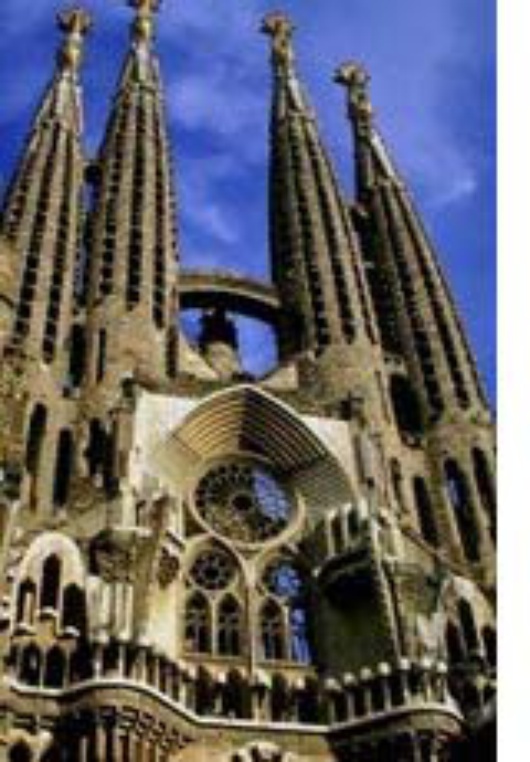How Does Catalan Fit into Post-modern Europe?
Published on
Translation by:
 julian hale
julian hale
In the EU of 15 Catalan was the seventh most spoken but least well known language. Enlargement to 25 really turns the language’s low profile in Europe into a nonsense.
 In an increasingly globalised world, why on earth complicate things with another regional language? Well, hang on a minute. Established in the eighth and tenth centuries, Catalan is a language spoken by over seven million citizens and understood by almost ten million, ie six times more people than Latvian.
In an increasingly globalised world, why on earth complicate things with another regional language? Well, hang on a minute. Established in the eighth and tenth centuries, Catalan is a language spoken by over seven million citizens and understood by almost ten million, ie six times more people than Latvian.
Although it is often regarded as a minority language, it is nonetheless a widely spoken language with many of its own attributes, due to its legal status, its demography, its sociolinguistic status and its linguistic baggage. It is an official language in Andorra and a co-official language in three Spanish autonomous communities. In Europe, it is more widely spoken than Finnish and Danish, and can be equated with Swedish, Greek or Portuguese. A third of those people speaking “minority languages” speak Catalan, more than Galician (13%), Occitan (11%) and German outside Germany and Austria (9%). A more democratic and united Europe based on subsidiarity undoubtedly leads us to adopt Catalan as another instrument needed for European integration and as something which qualitatively improves our work.
After café babel and the Eurovision song contest, Catalan in the Constitutional Treaty?
According to Spain’s current president, José Luís Rodríguez Zapatero, “language is an outward demonstration of a culture and culture is a way of understanding other people”. Using this line of argument, Spain will try to introduce Catalan into the European Constitution. The European Parliament’s President, Pat Cox, and the Irish presidency look positively on the initiative but France is reticent. The fact is that 50% of those speaking “regional or minority” languages are Spanish where 23% are from France. As a possible solution, Cox proposed imitating the status of Gaelic, where this is not an official language in Europe. But all documents with a constitutional value have to be translated and citizens have a right to consult the European institutions and receive a reply from them in their own language.
Should there be insufficient political will [to push ahead with Catalan], the entry of Andorra into the EU would solve this huge “problem” in as much as, being the language of a State, Catalan would then become an official language in Europe. In any case, rather than waiting and waiting for things to grind forward at political level, civil European society is again ahead of the game. And whether or not Marta Roure, the first Andorran candidate in the history of the Eurovision song contest, wins the 2004 event with “jugarem a estimar-nos”, café babel Catalonia is right behind the Catalan language because it advocates a post-modern Europe which goes further than states and intergovernmental thinking. Which goes to show that by defending Catalan you’re also promoting Europe.
Translated from El catalán en la Europa postmoderna


